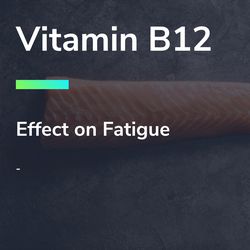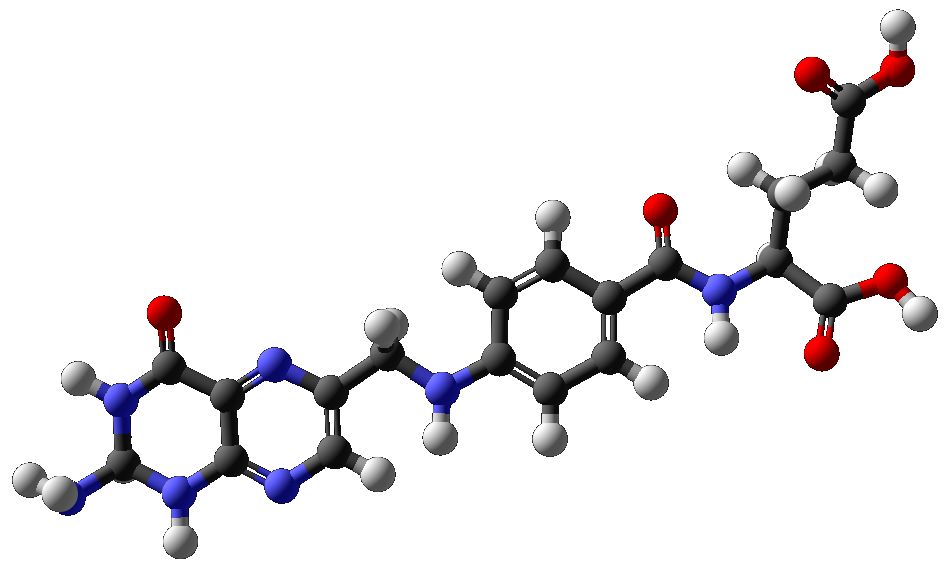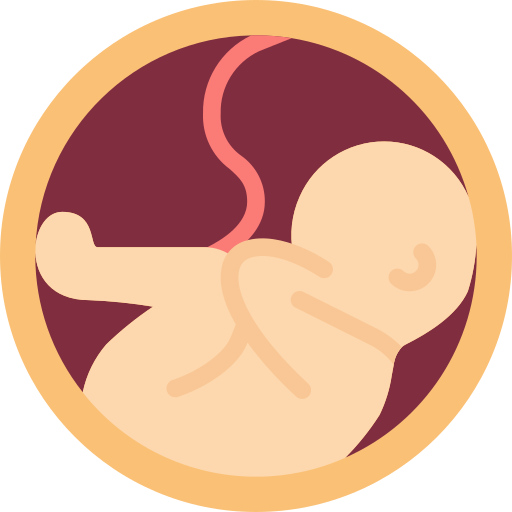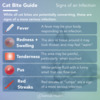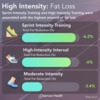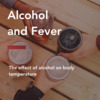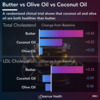Folic Acid & Stroke
Background
You've probably heard that you should eat fruits and vegetables to get your vitamins. But, what exactly is the evidence behind this?
What is Folic Acid?
Folic Acid helps your body rebuild itself. Like a hammer or a drill, folic acid is a tool that your body uses to create new parts and fix old parts.

"The terms “folic acid” and “folate” often are used interchangeably. However, folate is a general term used to describe the many different forms of vitamin B9…Folic acid is the synthetic (that is, not generally occurring naturally) form of folate that is used in supplements and in fortified foods, such as rice, pasta, bread, and some breakfast cereals."
Study 1: Folic Acid & Stroke
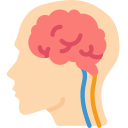
Folic acid supplements have been linked to a significantly lower risk of stroke and cardiovascular disease in general.





"Our meta‐analysis indicated a 10% lower risk of stroke and a 4% lower risk of overall CVD with folic acid supplementation."
Folic Acid & Cardiovascular Disease
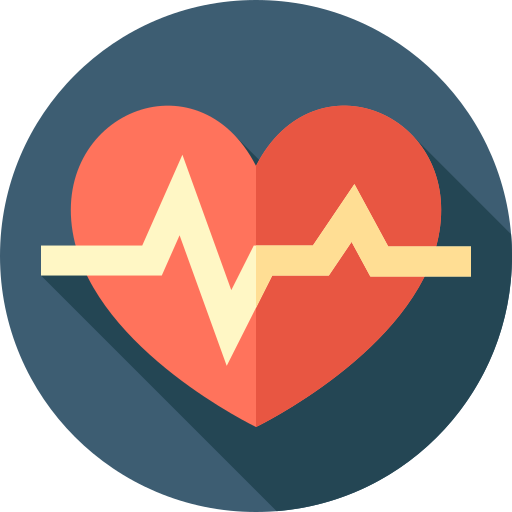
Researchers found that taking folic acid overall leads to a 4% lower risk of cardiovascular disease.





#nutrition
Scroll for more ->
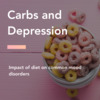


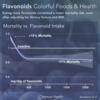
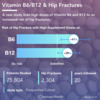
#new
Scroll for more ->
